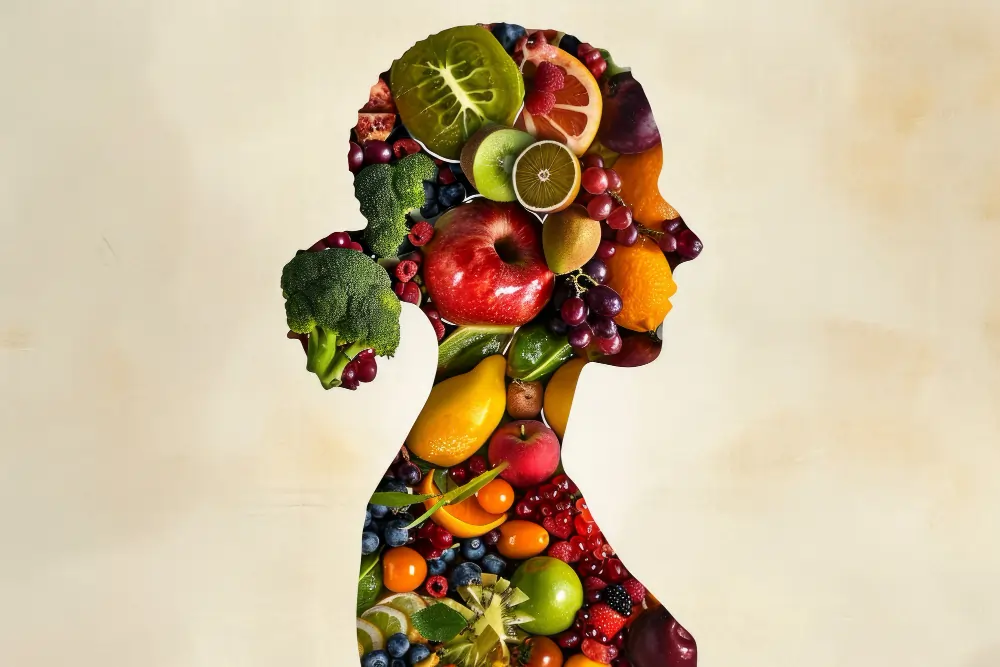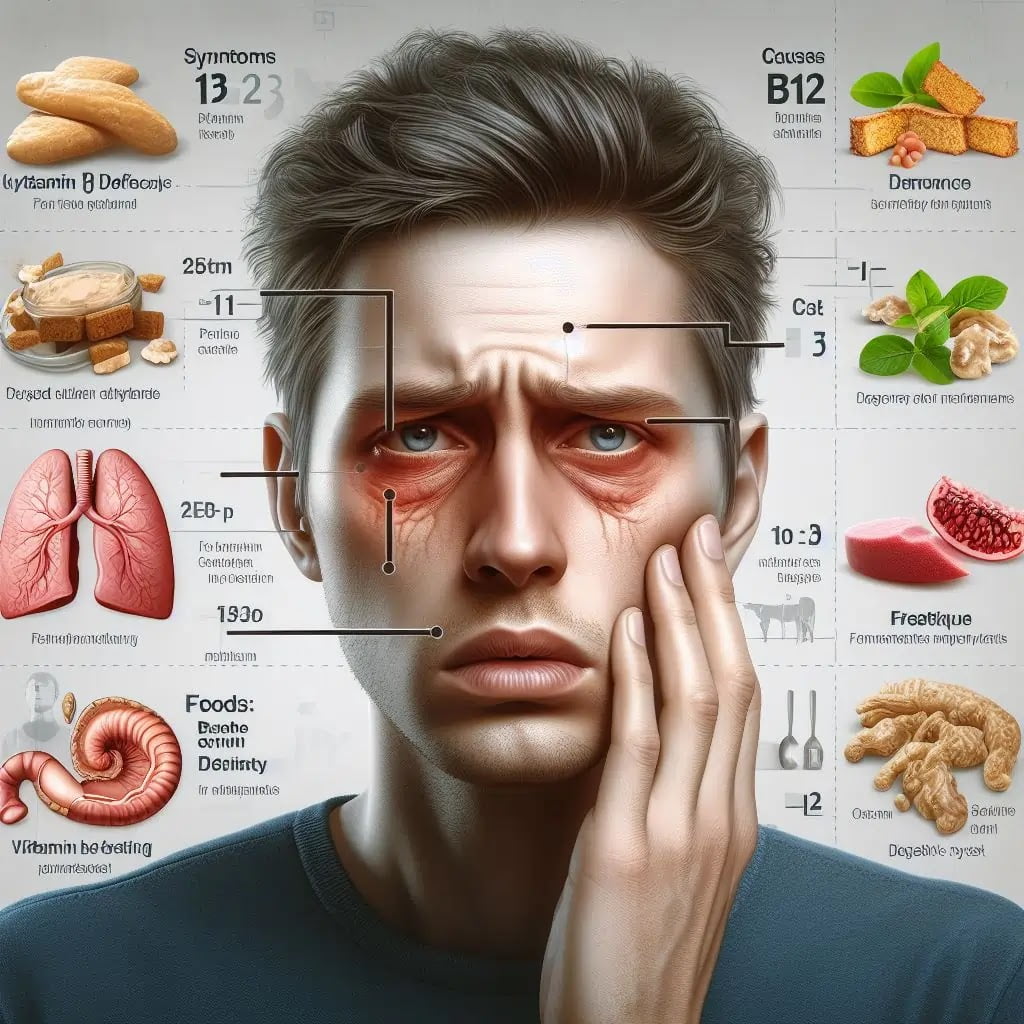
Women of all age groups require a variety of essential nutrients to stay healthy and maintain optimal well-being. Proper nutrition is vital for overall health, energy, and vitality. While nutrient needs differ at various stages of life, there are certain key nutrients that women should focus on at any age. In this article, we will explore the top 10 essential nutrients for women and understand their importance at every stage of life.
Introduction
Maintaining a well-balanced diet is crucial to ensure women receive the necessary nutrients they require throughout their lives. Nutrients play a pivotal role in promoting optimal health and tackling specific challenges faced by women at different life stages. Let’s dive in and uncover the essential nutrients that every woman should prioritize.
Understanding Nutritional Needs
On average, you should be eating about 2,000 calories daily if you’re looking to maintain your weight and 1,500 if you want to lose 1 pound per week.
Generally, compared to males, females particularly need to include the following in their diets: iron, vitamin B6, magnesium, folate, choline, vitamin B12, zinc, calcium, vitamin D, and iodine.
Before delving into specific nutrients, let’s first establish why nutrients are important for women and what dietary guidelines are in place to help guide our choices.
Why Nutrients are Important
Nutrients are vital substances that our bodies need to function properly. They serve as building blocks for the growth, repair, and maintenance of tissues, regulate bodily processes, and support overall wellness. By consuming a nutrient-rich diet, women can enhance their physical health, and mental well-being, and maintain vibrant energy levels.
Dietary Guidelines
To achieve optimal nutrition, it is essential to follow dietary guidelines established by experts. These guidelines provide insights on the recommended intake of different nutrients, helping women make informed choices for their health. These guidelines also consider factors like age, activity level, and specific health conditions.
Essential Nutrients for Women
Now, let’s take a closer look at the top 10 essential nutrients that women need to prioritize at every age:
1. Calcium
Calcium is necessary for strong bones and teeth. As women age and near menopause, their bodies begin to diminish in their ability to produce new bone cells. Adequate consumption of calcium aids in warding off osteoporosis, a condition that frequently affects older women.
Sources: Dairy products, leafy greens, and fortified plant-based milk alternatives are excellent sources of calcium.
2. Iron
Iron is a vital nutrient that stimulates growth and is crucial for the production of hemoglobin in the blood. It’s particularly important for women to ensure they have enough iron to make up for the loss of blood during menstrual cycles and childbirth. A lack of iron can result in symptoms like tiredness, a lack of energy, and anemia. Additionally, iron plays a key role in safeguarding against infections and fortifying the immune system.
Sources: lean meats, legumes, fortified cereals, and dark leafy green vegetables are the best sources of iron.
3. Vitamin D
Vitamin D aids in calcium absorption, strengthens bones, and supports the immune system.
Sources: Exposure to sunlight and consuming foods such as fatty fish and fortified dairy products can help maintain adequate vitamin D levels.
4. Folate
Folate or Folic acid is a vital vitamin known as vitamin B9, particularly for women of reproductive age. It offers protection for the heart, known as cardioprotective. It plays a significant role during pregnancy by decreasing the likelihood of neural tube defects in the developing fetus. Additionally, folate intake is beneficial in minimizing the chances of hypertension, anemia, and cardiovascular conditions. Moreover, Folic Acid supports the immune system and helps maintain energy.
Sources: Leafy greens, citrus fruits, and beans are excellent sources of folate.
5. Omega-3 Fatty Acids
Omega-3 fatty acids are crucial for women’s health, serving as building blocks for brain cells, aiding in blood pressure management, reducing the likelihood of chronic illnesses, and promoting heart health. Additionally, they are beneficial in alleviating discomfort associated with menstruation.
Sources: Fatty fish, such as salmon and mackerel, walnuts, flaxseeds, and chia seeds, provide these essential fatty acids.
6. Vitamin B12
Vitamin B12 is crucial for nerve health and forming red blood cells. As women age, their ability to absorb B12 decreases.
Sources: Animal products like fish, meat, and dairy are rich in vitamin B12.
7. Magnesium
Magnesium plays a critical role in more than 300 biochemical reactions within the body. It assists in managing stress, producing energy, and facilitating calcium uptake for bone formation. For women, it provides relief from premenstrual syndrome (PMS) and migraines. Additionally, as an excellent detoxifying agent, magnesium is beneficial for easing muscle cramps, improving sleep, and reducing elevated blood sugar levels.
Sources: Incorporating foods like nuts, seeds, whole grains, and leafy greens into the diet can help meet magnesium requirements.
8. Vitamin C

Vitamin C is often regarded as the most crucial vitamin for sustaining a robust immune system. It acts as a potent antioxidant, protecting cells from damage. For women, it combats a lack of estrogen as they age and boosts the production of collagen, the substance that connects skin to muscles.
Sources: Citrus fruits, berries, kiwi, and bell peppers are excellent sources of vitamin C.
9. Protein
Protein is essential for muscle repair and growth, hormone production, and supporting a healthy immune system.
Sources: Lean meats, poultry, fish, legumes, and dairy products are excellent sources of protein.
10. Fiber
Fiber aids in digestion, regulates blood sugar levels, supports heart health, and helps maintain a healthy weight.
Sources: Consuming whole grains, fruits, vegetables, and legumes ensures an adequate fiber intake.
Nutrient Requirements at Different Life Stages
Now that we understand the essential nutrients, it’s important to recognize that nutrient requirements vary at different stages of a woman’s life. Let’s explore the specific needs at each phase:
1. Adolescence
During adolescence, proper nutrition is crucial for growth and development. Calcium, iron, vitamin D, and fiber are particularly important during this stage. Encouraging the consumption of nutrient-dense foods helps support overall health.
2. Reproductive Years
The reproductive years require a focus on folate, iron, calcium, and vitamin D. These nutrients play a significant role in reproductive health, supporting menstrual cycles, and ensuring a healthy pregnancy.
3. Pregnancy and Breastfeeding
Pregnancy and breastfeeding are periods with increased nutrient needs. Folate, iron, calcium, vitamin D, omega-3 fatty acids, and protein are vital during this time. Meeting these requirements helps ensure proper fetal development and supports lactation.
4. Menopause
During menopause, calcium, vitamin D, and omega-3 fatty acids become essential for maintaining bone health, managing hormone changes, and supporting heart health. Adequate intake of these nutrients can help manage menopausal symptoms and reduce the risk of osteoporosis.
Dietary Sources of Essential Nutrients
Knowing the dietary sources of essential nutrients can help women make informed choices and create well-rounded meals. Let’s explore some key sources for the top 10 nutrients:
1. Dairy Products and Leafy Greens
Dairy products like milk, yogurt, and cheese are excellent sources of calcium. For those following a plant-based diet, leafy greens such as kale and spinach also provide calcium.
2. Lean Meats and Legumes
Lean meats like poultry, beef, and pork are rich sources of iron. Plant-based sources of iron include legumes, lentils, and tofu.
3. Fish and Nuts
Fatty fish like salmon and trout are abundant in omega-3 fatty acids. Nuts like walnuts and almonds also provide a good amount of omega-3s.
4. Citrus Fruits and Vegetables
Citrus fruits like oranges and grapefruits are high in vitamin C. Additionally, vegetables like bell peppers and broccoli are also rich in this vital nutrient.
5. Whole Grains and Seeds
Whole grains like quinoa and brown rice are excellent sources of magnesium. Additionally, seeds such as chia seeds and flaxseeds also provide magnesium and omega-3 fatty acids.
Balancing Nutrient Intake
Achieving a balance between different nutrients is vital for overall health. By incorporating a variety of nutrient-rich foods into the diet, women can ensure they meet their specific nutritional needs. It’s advisable to consult with a registered dietitian or healthcare professional for personalized guidance.
Conclusion
To maintain optimal health and well-being at every stage of life, women must prioritize their nutrition. The top 10 essential nutrients for women, including calcium, iron, vitamin D, folate, omega-3 fatty acids, vitamin B12, magnesium, vitamin C, protein, and fiber, are crucial for supporting various physiological functions. By understanding their needs at different life stages and incorporating nutrient-dense foods, women can optimize their overall health and vitality.
FAQs
1. Why are nutrients important for women?
Proper nutrition is crucial for women as it supports overall health, provides energy, and helps prevent specific health issues commonly faced by women at different stages of life.
2. Is it necessary to take supplements to meet nutrient needs?
Ideally, most nutrients can be obtained through a well-balanced diet. However, in certain cases or for specific nutrient deficiencies, supplements may be recommended following consultation with a healthcare professional.
3. Can women get enough calcium on a plant-based diet?
Yes, a plant-based diet can provide adequate calcium through sources like leafy greens, fortified plant-based milk alternatives, and calcium-fortified foods. It’s important to ensure a variety of calcium-rich options are included.
4. Are there any specific nutrients pregnant women should focus on?
Pregnant women should pay close attention to their folate, iron, calcium, vitamin D, omega-3 fatty acids, and protein intake. These nutrients are crucial for fetal development, supporting maternal health, and lactation.
5. How can women improve their iron absorption?
Pairing iron-rich foods with vitamin C-rich foods can enhance iron absorption. Examples include eating iron-fortified cereal with a glass of orange juice or consuming leafy greens with a citrus vinaigrette dressing.


